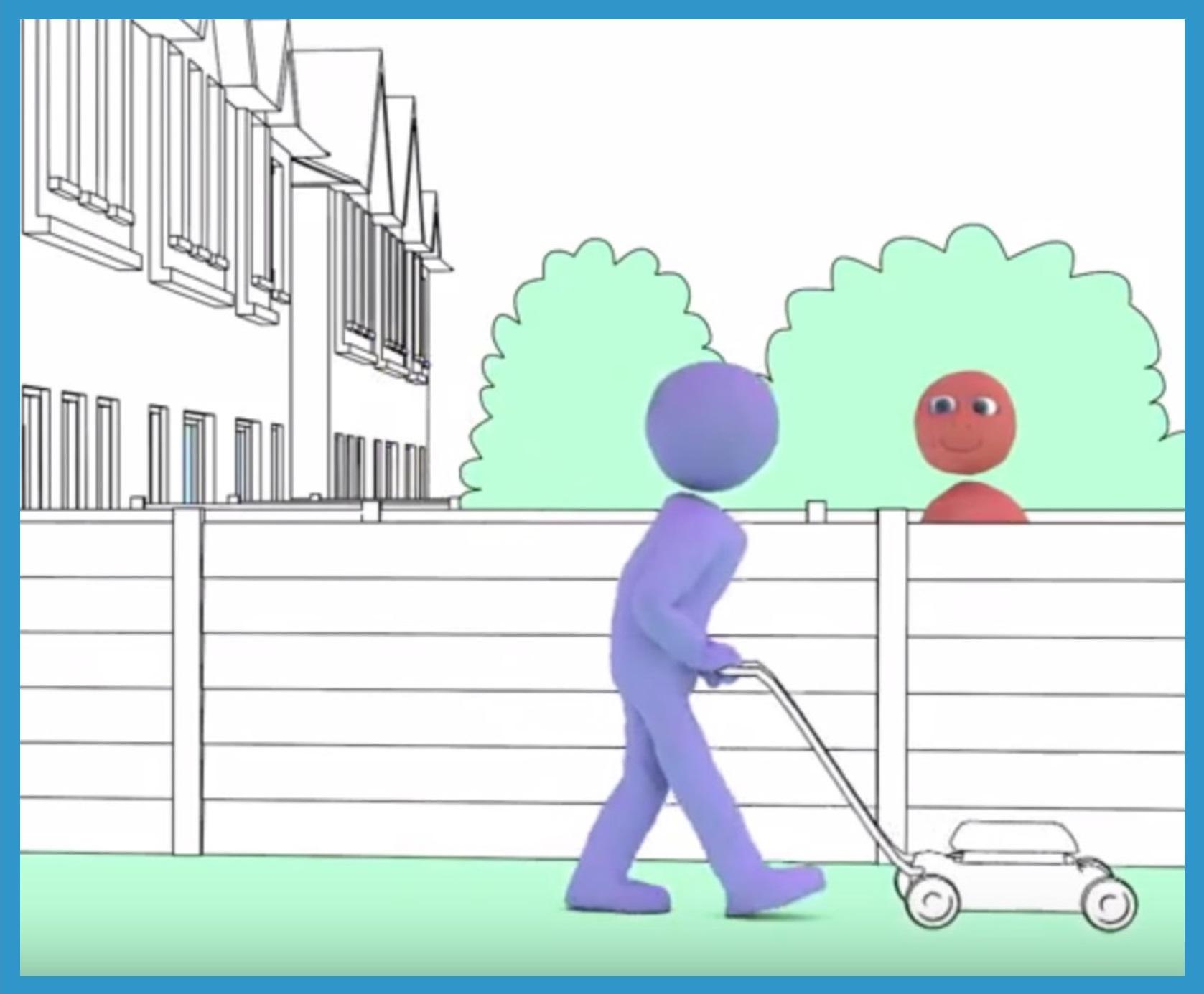 Being a Good Neighbour
Being a Good Neighbour
By being good neighbours you and those around you can enjoy living in a safe and secure enviroment.
Every tenant has the right to enjoy living in their home in peace and comfort. This means that you, and all other tenants, must show consideration, think of others and be a ‘good neighbour’.
This is one of the conditions of your Tenancy Agreement. The agreement states that neither you, anyone living with you or a visitor should cause your neighbours any problems or harassment.
Are you having a problem with a neighbour?
What does being a 'good neighbour' mean?
Being a good neighbour means being reasonable and tolerant of different people’s views and lifestyles, and considering how your own behaviour affects others around you.
Noise is a common cause of complaints. Make sure that you
- Let your neighbours know if you are having a party or doing any noisy work. Your neighbours will be more understanding about noise if you have told them about it first and agreed an end time.
- Keep the noise from radios, stereos and televisions at a reasonable level
- Keep the TV and music speakers away from a neighbour’s wall
- Keep sound system speakers off the floor if you live in an upper flat
- Avoid using noisy equipment late at night or early morning
- Are a responsible pet owner, for instance making sure dogs do not bark excessively
- Note that The Council has legal powers to make you turn down noise levels, or to take away noisy equipment if you do not turn down the level
To keep your neighbourhood clean and safe you should
- Keep your garden neat and tidy, if you have one
- Make sure your children and guests are considerate of your neighbours and their property
- Park your car responsibly and considerately, and do not block access for emergency services
- Put your rubbish in the bins provided
- Clean up any mess left by your pets
- Make sure that you do not block hallways or stairways with rubbish, bikes or mobility scooters
- Only smoke in permitted areas and dispose of cigarette ends safely
Are you having a problem with your neighbour?
If you are having a problem with a neighbour, try to sort it out between you as soon as possible.
Remember, your neighbour may not realise that they are causing a problem, and often a friendly word can be enough. The best thing to do is often to calmly discuss the situation or problem, and if necessary, to be willing to compromise.
If this does not work, contact your Housing Officer.
We will record your complaint and try to sort it out by talking to you and your neighbour. You may have to help by keeping a record of when disturbances happen and trying to get a witness.
We may also ask others to help, such as the Council’s Safer Neighbourhoods Team, or suggest mediation using an independent person. Serious cases of anti-social behaviour are a breach of your Tenancy Agreement.
Discover how to deal with Antisocial Behaviour.
